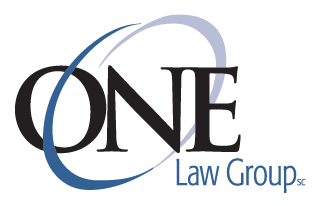We can assist you with:
Elder Law
Estate Litigation
Estate Planning
Long Term Care Planning
Probate
Special Needs Planning
Trust Administration
Veterans Benefits
Will & Trusts
Frequently Asked Questions
- What is a will?
A will is a legally binding statement directing who will receive your property at your death. It also appoints a legal representative to carry out your wishes. However, the will covers only probate property. Many types of property or forms of ownership pass outside of probate. Jointly owned property, property in trust, life insurance proceeds, and property with a named beneficiary, such as IRAs or 401(k) plans, all pass outside of probate.
- Why would I need a guardian or conservator?
Every adult is assumed to be capable of making his or her own decisions unless a court determines otherwise. If an adult becomes incapable of making responsible decisions, the court will appoint a substitute decision-maker, often called a "guardian," or sometimes called a "conservator." Guardianship is a legal relationship between a competent adult (the "guardian") and a person who, because of incapacity, is no longer able to take care of his or her own affairs (the "ward").
A guardian is authorized to make legal, financial, and health care decisions for the ward. Depending on the terms of the guardianship, the guardian may or may not have to seek court approval for various decisions.
Some incapacitated individuals can make responsible decisions in some areas of their lives but not others. In such cases, the court may give the guardian decision making power over only those areas in which the incapacitated person is unable to make responsible decisions (a so-called "limited guardianship"). In other words, the guardian may exercise only those rights that have been removed from the ward and delegated to the guardian.
- What is an advance directive?
The term "Advance Directive" refers to treatment preferences and the designation of a surrogate decision-maker if a person should become unable to make medical decisions on her or his own behalf.
Advance directives generally fall into three categories: living will, power of attorney, and health care proxy.
For further information about One Law Group, S.C. or to schedule a consultation, call one of our locations. Clients near De Pere call 920-336-5766. Near Appleton, 920-931-3942, and clients near Lakewood, call 715-276-6599.
Contact Information
Phone: 866-525-5200
Email: info@onelawgroupsc.com
Our Locations
NEW LOCATION:
Green Bay
Client Parking and Entrance in the Back












